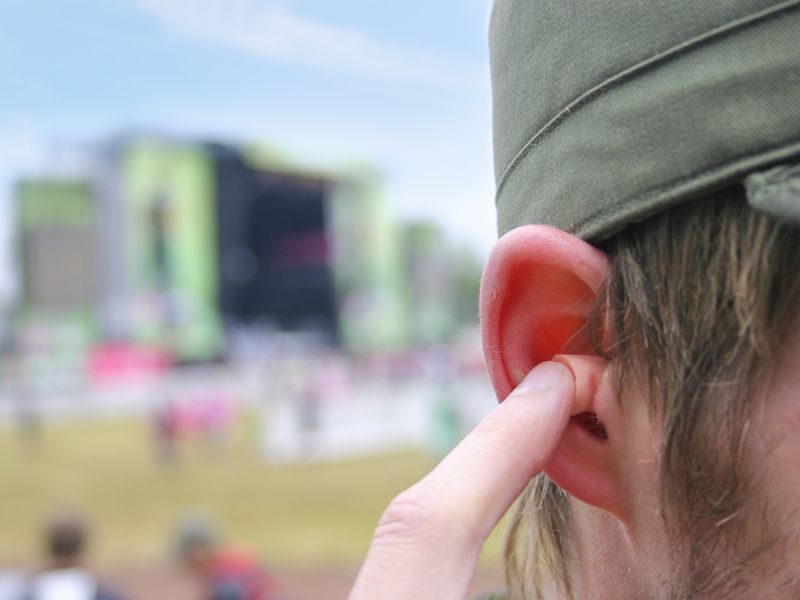
Earplugs can be helpful if you’re exposed to loud noises, such as, something as straightforward as a snoring spouse, or a lawnmower in your backyard, or going to an arena to see a concert. Lowering the sound level is how earplugs help in the first two circumstances. In the last circumstances, they decrease the decibels and help protect your peace of mind (and maybe your marriage) by enabling you to get a good night’s sleep. But are your ears being harmed by these protectors?
Why Use Earplugs at All?
It’s a pretty simple argument for using earplugs: Properly used, earplugs can help protect your hearing by minimizing your direct exposure to excessive sound levels. Perhaps you’ve noticed that your hearing sounds different after you leave a loud venue, say, a football game with a noisy crowd, and you could also suffer from symptoms of tinnitus. This happens because those super-loud noises can actually bend the little hair cells in your inner ear. In a day or two, when the hairs have recovered, it often goes back to normal.
But if you’re subjected to extreme decibels continuously, for example, if you work on a construction site or at an airfield, the audio attack on those tiny hair cells is unyielding. In this circumstance, those hairs never get better, they are permanently injured. You’ve got around 16,000 of those tiny cells inside each cochlea, but up to 50% of them can be ruined or at least injured before you would see the change in a hearing assessment.
Is it Possible That Your Hearing Could be Harmed by Earplugs?
That being said, you’d think that wearing earplugs would be an obvious choice with regards to protecting your hearing. But if your subjected to loud noises on a day to day basis, this seems to be even more obvious (like on the job or when your spouse snores as previously stated), headphones that decrease, but don’t completely cancel, sound or over the head earmuffs are a much better idea. Earplugs aren’t well suited to daily use but are a smarter choice for one time events such as a sports event or a concert.
Why? For one, earwax. Your ears generate wax to defend themselves, and if you’re always wearing earplugs, they’re going to create more of it, and the earplugs will jam it in further. Tinnitus and other issues can be the result of impacted earwax.
An ear infection can be another problem for people who wear earplugs. If you repeatedly wear the same pair, and you don’t clean them properly from use to use, they can become bacteria traps. At the very least, ear infections can be a disturbance to your day to day life. If left untreated, in the worst instances, they can trigger an ear infection.
How Can You Utilize Earplugs Without Risk?
Whether it’s a restful night sleep or protecting your hearing, there’s still a big upside to using earplugs. Using them in the right way and using the right kind is the key to success. Foam earplugs are the least expensive, which is good because you really shouldn’t use them more than once, the cushy, porous material is a germ’s paradise. Silicone or wax earplugs are reusable, but you need to keep them clean, wash them with warm water and mild soap to cleanse them, and you shouldn’t put them back in your ears until they’re thoroughly dry. It’s also a good plan to keep earplugs in a well ventilated place to prevent moisture, or worse, bacteria or mold, from building up.
If you want or need to wear earplugs on a regular basis, you might want to talk to us about getting custom-made earplugs. These are crafted from unique molds of your ears, they can be reused and since they’re fitted to your ears, their comfortable. But it’s essential not to forget, smart earplug hygiene can stop hearing impairment.
The content of this blog is the intellectual property of MedPB.com and is reprinted here with permission.
The site information is for educational and informational purposes only and does not constitute medical advice. To receive a personalized free hearing test and hearing loss consultation, call today to set up an appointment.









